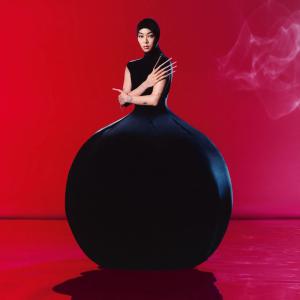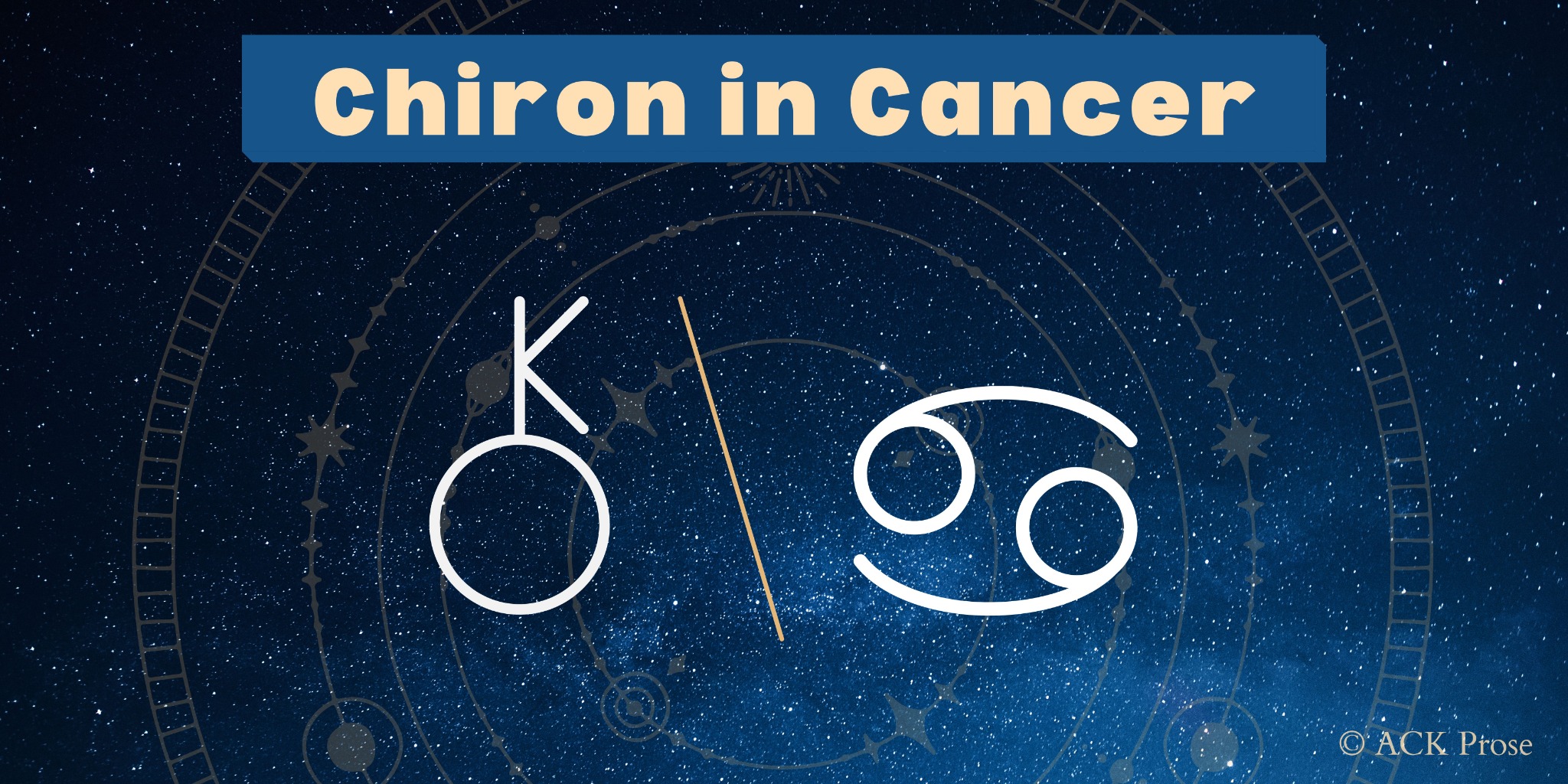Album Review: Hold The Girl by Rina Sawayama
On her charming second album, the British-Japanese pop singer repurposes wounds of childhood trauma into something forceful and resourceful.

True breakthrough moments can happen when you embrace your inner child. You’d try to be gentler in your approach, impart more wisdom, be cautious but encouraging. You’d return to your present self and try to be more forgiving to her after a conversation with a littler you. Rina Sawayama is an expert at this, and spends 13 mostly great songs on her new album showing us how she’s managed to salve her wounds.
“Embracing your inner child, to me, is holding the girl,” Rina says of the album’s title, in reference to the therapy practice. She desires to showcase the songs as representations of breakthrough moments surrounding the album’s themes of self-healing, accountability, family, religion, and identity, and weaves through them deftly and with grit. These topics tread familiar territory in her music and are integral to her image as an artist.
Rina moved from Japan to the U.K. at five years old. She remembers getting bullied for being unlike her peers, and spent time embarrassed of her heritage, having to maintain different but distinct identities to feel accepted. This adversity pervaded her home life and strained her relationship with her mother, resulting in the two not speaking for a number of years. Throughout Hold The Girl, Rina grapples with her maternal relationship and the strife it’s caused her, especially on “Catch Me In The Air,” where she laments that her mother “made a prison of our home” but still hopes that she’s become someone her mother can be proud of.
Hold The Girl is musically diverse, and Rina exhibits sonic consistency with her previous work while demonstrating a good grasp of seemingly disparate genre elements. “Frankenstein” brings nu-metal tinges to the club scene, and “Your Age” dons electro punk atop its dark pop skeleton, sounding like the precursor to an underground rave. If you loved SAWAYAMA (her chaotic and fun debut) you should probably start with these two songs.

“Your Age” brings the driving guitars, the glitching vocals ripe for remixing, and a plucky banjo underlines the whole thing for good measure. It’s a cheeky eye roll of a song, but with a new-gen air, which is to make that cheekiness appear both effortless and casually ironic. “Forgiveness” is noteworthy for embracing a bit of country-pop-mindedness alongside a subtle tempo shift, ushering in some subdued angst in its second half reminiscent of Radiohead (for which classic album The Bends was an actual inspiration).
The yodeling refrains threaten to wear out their welcome across the album, but are saved in part by speaking to the overall catharsis of Letting That Shit Out, and partly because Rina manages to make them sound so good. I imagine throwing my head back, face to the sky in the crowd of one of her shows and yelling along, actively choking back tears, trembling, composure be damned. She succeeds at untethering the emotions you want to keep pinned down, often simply with her delivery of a note or emphasis of a word.
The 5 songs after “Forgiveness” (“Holy,” “Your Age,” “Imagining,” “Frankenstein,” and “Hurricanes”) begin a “winding journey through the dark times,” according to Rina. Coincidentally these songs contain either some of the album’s best writing, or have its music and lyrical content match on scale and effort. “To Be Alive” ends things with positivity, written when she was feeling the happiest, and encapsulates the work encouraged in the songs leading up to it. “Can I do it? Can I write a pop song that connects to people but has meaning? That challenge really excites me,” Rina has said. Beyond the album’s major themes, this challenge is really the throughline connecting these songs.
“Imagining” sees the vocals pitched down and pitched back up, which shows Hold The Girl lending itself once again to a scrappy indie kind of ethos (this method is often used when recording garage vocals). There’s a mix of U.K. beat and club sounds, and is reminiscent of fellow British artist Katy B, whose banger of a track “Katy on a Mission” comes to mind. The franticness reflects the disconnect and uncertainty that accompanies being gaslighted, down to the blaring, blown-out vocals. There’s even a quick shout-out to Mercury Rx which is charmingly apropos because Mercury was, in fact, retrograde at the time of the album’s release (and remains so at the time of this writing). The astrology mention is also charmingly apropos as there lies a strong presence of Chiron, the asteroid of wound, across the album.

The story of the asteroid Chiron comes from the Greek myth of the centaur of the same name. Centaurs in Greek mythology were depicted as wild, undisciplined, and debauched creatures, but Chiron was an exception. He was abandoned as a child but became a scholar, teacher, and healer, and dedicated his life to these pursuits. One day, he was wounded by Hercules’ arrow, and began to espouse the idea of healing others by working with their vulnerabilities instead of engaging in conflict.
The placement of Chiron in our natal charts can reflect the “wounds” that we’ve carried from our childhoods, and how we can approach our healing processes. It shows what we are vulnerable about, and in which areas of life that may show up. It’s worth noting that Rina’s natal Chiron is in Cancer, and that some of the topics in these songs reflect her relationship with her mother as a child; how she felt like they didn’t even know each other, and how she’s had to reconcile with that while growing up.
In astrology, Cancer represents the mother, the womb, family, and emotionality. Chiron in Cancer can be deciphered as the family, or more specifically the mother, being the point of weakness, or the “wound.” Her Chiron placement is conjunct Jupiter (suggesting that the feelings relative to Chiron can expand, and therefore become excessive) and opposite Saturn (suggesting that her “wounds” come from tension with the dominant parent, and also may take a long time to be “healed”). Concepts relevant to Chiron in Cancer are early childhood family trauma, a lack of nurture in childhood, and family and/or the mother as generally a vulnerable subject. The album’s cover also reinforces these concepts. It’s “like I’m pregnant with myself,” Rina stated about the image, suggesting the need or desire to reparent herself.
There are frequent motifs of family, ancestry, and growing up in Rina’s music, and astrologically it makes sense that these themes would show up as much as they do, as she seeks to heal her trauma through their exploration. There’s a quote by Rumi that goes, “The wound is the place where light enters,” and Hold The Girl embodies this quote wholeheartedly. As Rina delves into her relationship with her inner child, she reminds us to be just a little gentler to ourselves, then and now.
Hold The Girl is out now via Dirty Hit. Buy or stream it now.
Post a comment